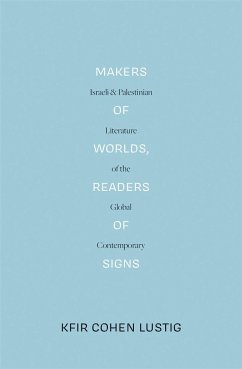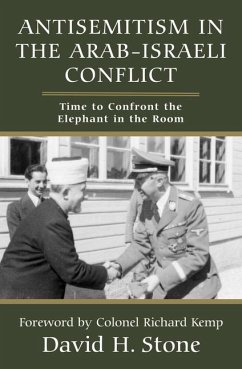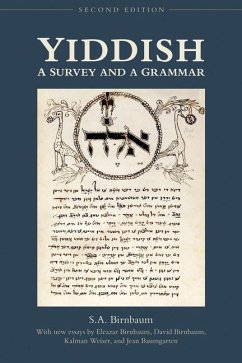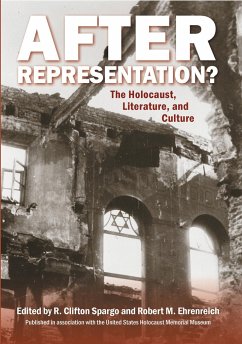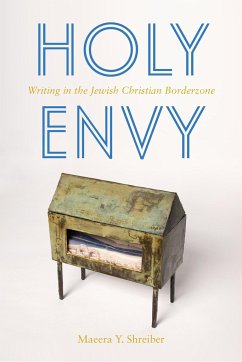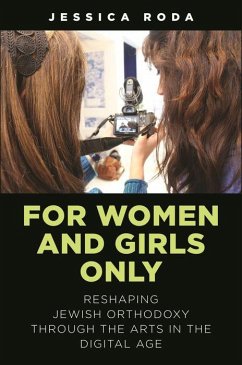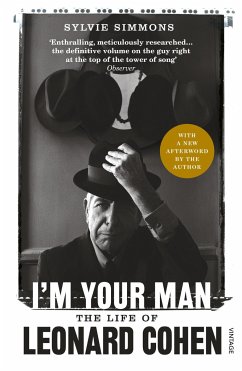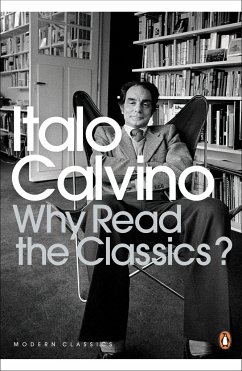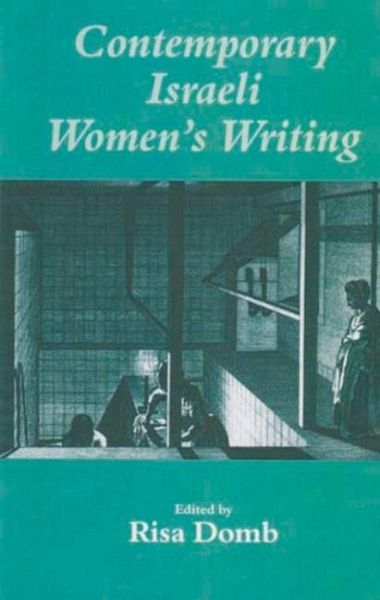
Contemporary Israeli Women's Writing
Versandkostenfrei!
Versandfertig in über 4 Wochen
67,99 €
inkl. MwSt.
Weitere Ausgaben:

PAYBACK Punkte
34 °P sammeln!
During the nineteenth and early twentieth century, women could not participate in the development of modern Hebrew literature. As pointed out in 1996's New Women's Writing from Israel, to which this is a successor volume, they could give vent to their poetic talents either in Yiddish, their spoken language, or in Russian, but not in Hebrew. While Yiddish writing did not insist on the national element as a required poetic norm, Hebrew literature did. The ideological dictum insisted on the symbiosis of the collective experience with the private, of the myth of the nation with the myth of the ind...
During the nineteenth and early twentieth century, women could not participate in the development of modern Hebrew literature. As pointed out in 1996's New Women's Writing from Israel, to which this is a successor volume, they could give vent to their poetic talents either in Yiddish, their spoken language, or in Russian, but not in Hebrew. While Yiddish writing did not insist on the national element as a required poetic norm, Hebrew literature did. The ideological dictum insisted on the symbiosis of the collective experience with the private, of the myth of the nation with the myth of the individual. Since women did not take part in public life or in the initial stages of the Hebrew revival which took place in Eastern Europe, they could not respond to these poetic demands. In the 1920s, Hebrew prose was more open to autobiographical and confessional writing, and women were able to contribute to this genre, as they could incorporate the full range of their experience. On the whole they



